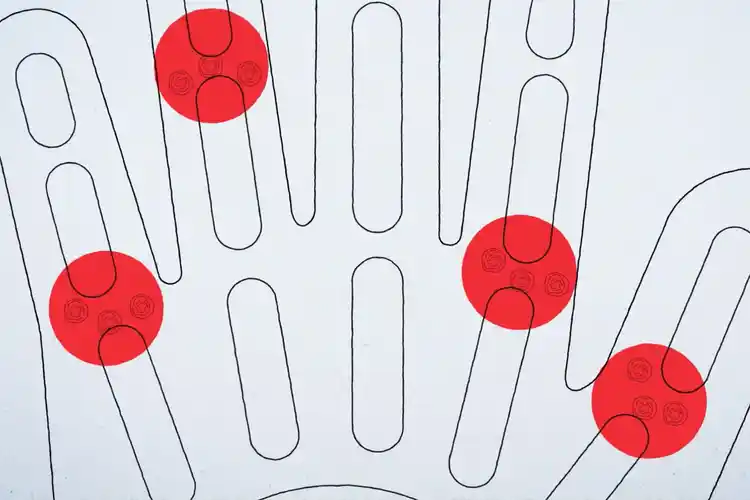Your Treatment Journey for Moderate to Severe RA

Hide Video Transcript
Video Transcript
SPEAKER: With rheumatoid arthritis, proteins known as cytokines overpopulate the body and contribute to inflammation.
Some cytokines can attach to immune cell receptors, like a key fitting into a lock. This tells immune cells to create even more cytokines.
Overpopulation of cytokines affects the lining of joints, creating painful swelling, potentially leading to bone erosion and joint deformity.
There are several treatments that can help ease symptoms and keep moderate to severe RA from getting worse.
Non steroidal anti-inflammatory drugs quickly lessen pain and swelling, but they don't slow down RA.
Corticosteroids go a step further, easing inflammation and slowing down damage to joints by lowering the immune system's response.
Disease modifying anti rheumatic drugs also ease inflammation by limiting the immune system's response. They can help keep RA from getting worse and can be taken long term, but they take weeks or months to start working.
Biologics are usually faster acting DMARDs that work more directly, by targeting only the parts of the immune system that trigger inflammation. They are given as an injection through the skin.
JAK inhibitors put a wrench in the inflammation process within the cells by blocking the messaging pathway.
They can be taken as a pill, and they help calm down the immune system, ease RA symptoms, and prevent joint damage from getting worse.
When medications aren't enough, surgery may be needed to remove the inflamed lining, stabilize joints, or replace joints.
No matter what treatment works best, exercise and physical therapy will help with symptoms.
During a flare up, it's important to take it easy and get plenty of rest.
Some cytokines can attach to immune cell receptors, like a key fitting into a lock. This tells immune cells to create even more cytokines.
Overpopulation of cytokines affects the lining of joints, creating painful swelling, potentially leading to bone erosion and joint deformity.
There are several treatments that can help ease symptoms and keep moderate to severe RA from getting worse.
Non steroidal anti-inflammatory drugs quickly lessen pain and swelling, but they don't slow down RA.
Corticosteroids go a step further, easing inflammation and slowing down damage to joints by lowering the immune system's response.
Disease modifying anti rheumatic drugs also ease inflammation by limiting the immune system's response. They can help keep RA from getting worse and can be taken long term, but they take weeks or months to start working.
Biologics are usually faster acting DMARDs that work more directly, by targeting only the parts of the immune system that trigger inflammation. They are given as an injection through the skin.
JAK inhibitors put a wrench in the inflammation process within the cells by blocking the messaging pathway.
They can be taken as a pill, and they help calm down the immune system, ease RA symptoms, and prevent joint damage from getting worse.
When medications aren't enough, surgery may be needed to remove the inflamed lining, stabilize joints, or replace joints.
No matter what treatment works best, exercise and physical therapy will help with symptoms.
During a flare up, it's important to take it easy and get plenty of rest.
